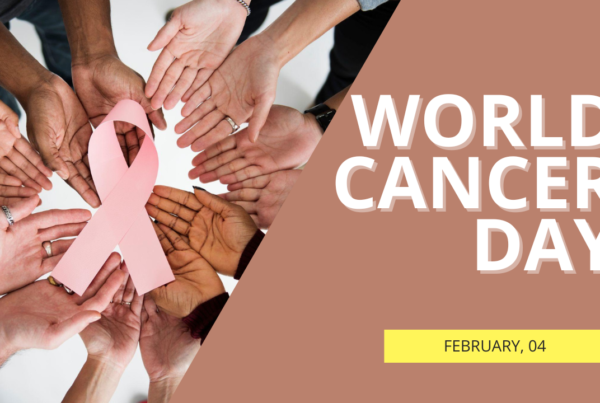World IVF Day also known as World Embryologist Day is celebrated on the 25th of July every year. This day marks the birthdate of first baby that was conceived and successfully birthed through IVF. We recognise this day to celebrate the success and importance of IVF as an effective method of conceiving.
Louise Joy Brown born on the 25th of July 1978 was the first baby born through the IVF procedure. From this day onwards, IVF was recognised for being a reliable reproductive technology to conceive babies.
In a conversation with Dr Sini S Venugopal, fertility consultant of Genix Fertility Care, she briefs about the entire procedure.
What is IVF?
IVF is a kind of artificial reproductive technique that helps people become parents despite a variety of infertility problems. In order to create an embryo that is subsequently placed into the uterus to develop, an egg must be fertilised with sperm outside of the body.
While originally developed as a fertility treatment for blocked fallopian tubes, IVF is currently used for other conditions such as low sperm count or when the cause for infertility can’t be determined.
Usually, hormones are used by the patient before IVF to encourage the ovaries to produce eggs. After retrieving the eggs with a tiny needle and ultrasound, a medical practitioner can either fertilise the egg in the lab by injecting the sperm into it or by incubating the sperm with the egg. A patient’s precise IVF technique is decided upon in consultation with their healthcare practitioner.
The chance of a successful live birth through assisted reproductive technologies varies. Success rates depend on many factors, such as underlying cause of infertility, age and type of technology used.




